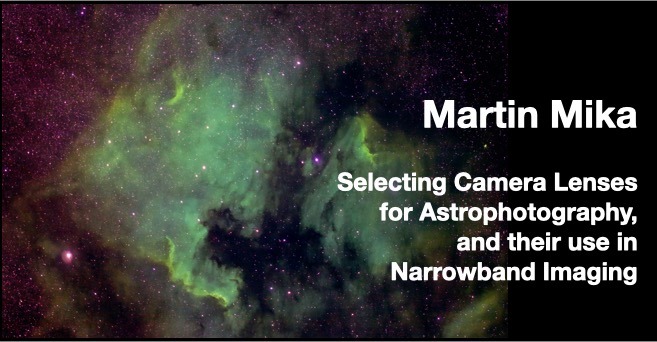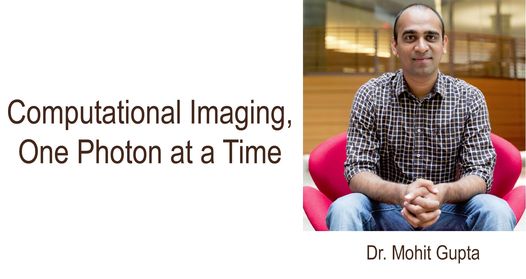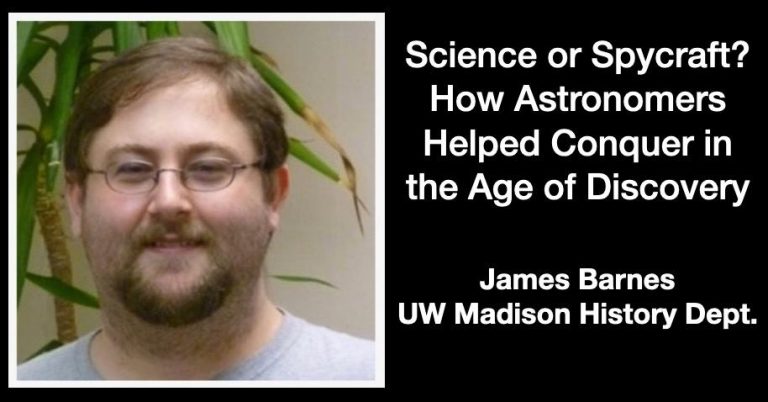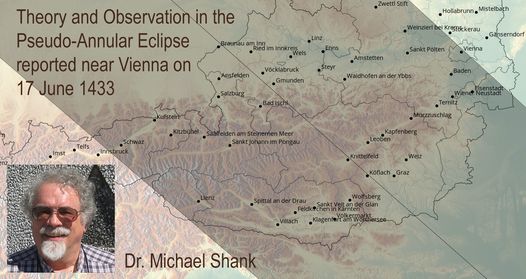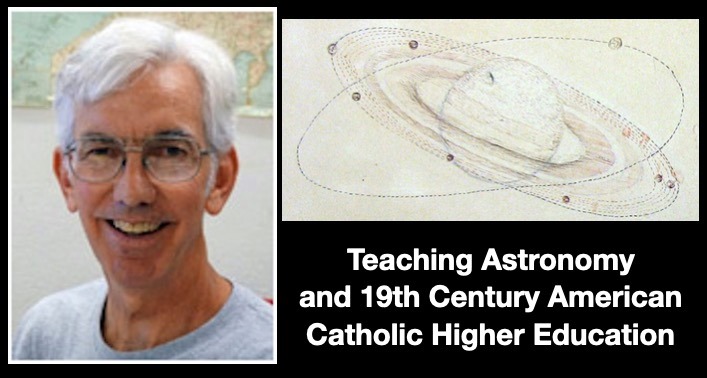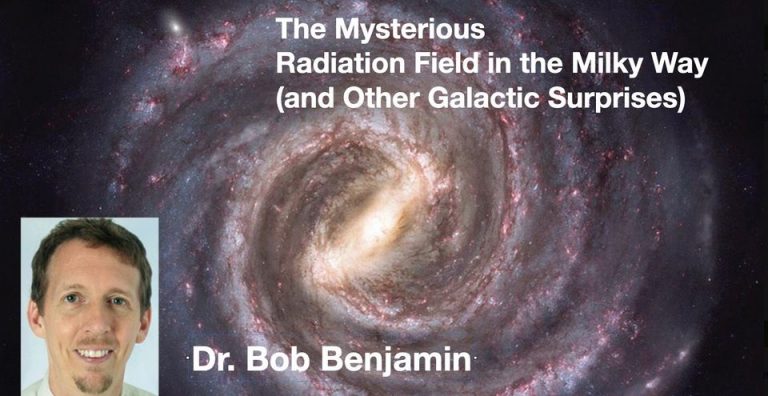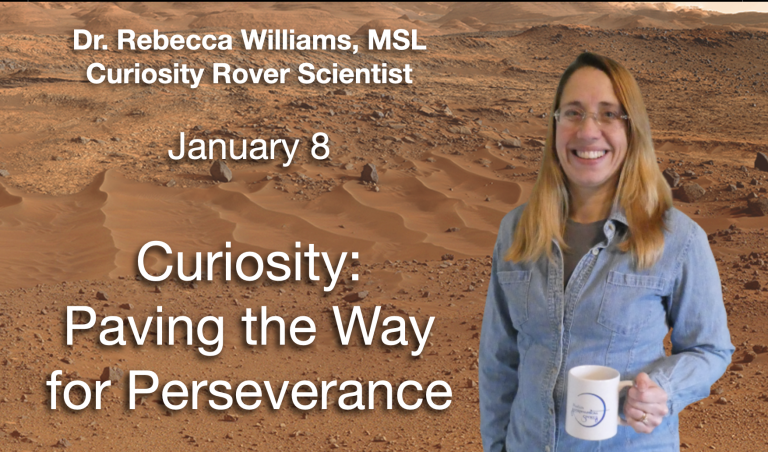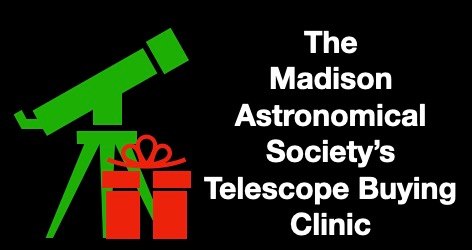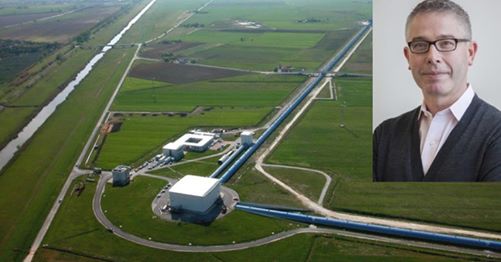Friday August 13, 2021, 7:00pm – UW Space Place
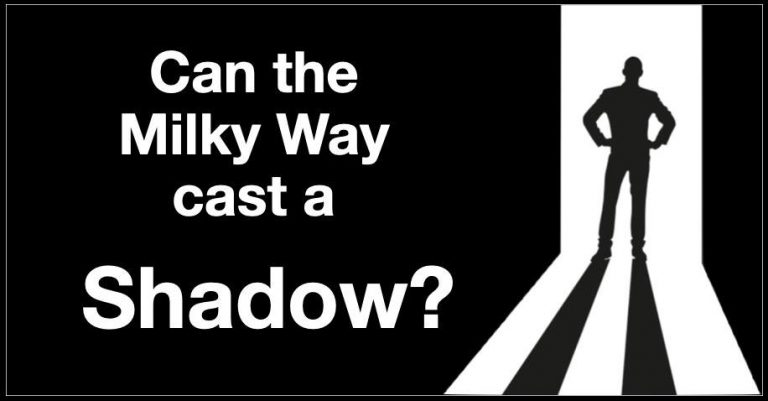
Stories of the Milky Way casting a shadow are common but details are elusive. Whenever someone wants to brag about the great dark skies they experienced they often trot out the “it was so dark you could see your shadow by the light of the Milky Way” line. Asking follow-up questions results in repetition and hand-waving.
But could it be true? Is it possible? After all, the Milky Way is large, diffuse, low contrast, and faint. The sun and moon cast shadows. Bright point sources cast shadows. It’s even said that Venus or Jupiter can cast shadows. Can the huge Milky Way, spread across 90 degrees of sky (or more), cast a shadow? In this talk, we move beyond hearsay, legend, and myth and attempt to nail down some facts and experimental results. I have been working on this talk in some form for more than 10 years and I’ve finally got some photographic evidence to show. Don’t miss this one. It may change the way you think about dark skies!
John Rummel is a long-time member and former president of the MAS. He has put an embarrassing number of miles on his car in pursuit of dark skies in the contiguous United States.
Due to the accelerating infection and hospitalization rate due to COVID-19 Delta, MAS HAS MADE THE DECISION TO STAY VIRTUAL FOR OUR AUGUST MEETING. The August meeting will either be hosted with Zoom as before, or streamed via our Youtube channel. MEMBERS WILL RECEIVE AN EMAIL WITH LINKS AND INSTRUCTIONS a day or so before the event. Again this month we are opening the virtual meeting up to our web followers who may want to join in. If you would like to attend the MAS virtual meeting, send an email to madisonastro.info@gmail.com by noon Friday, August 13 to let us know of your interest. We will email you the instructions and link by 3pm that day which will get you into the meeting by 7:30 on Friday evening.
View the MAS YouTube channel by following this link.
